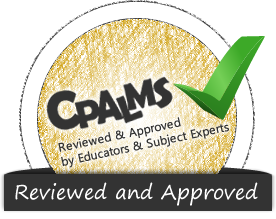Please sign in to access this resource
Not a Florida public school educator?
Access this resourceon CPALMS.com
General Information
Aligned Standards
This vetted resource aligns to concepts or skills in these benchmarks.Related Videos

Just about anything can be data, including how you interact with social media apps!
Download the CPALMS Perspectives video student note taking guide.

Complex problems require complex plans and training. Get in shape to get things done.
Related Resources:
KROS Pacific Ocean Kayak Journey: GPS Data Set[.XLSX]
KROS Pacific Ocean Kayak Journey: Path Visualization for Google Earth[.KML]
Download the CPALMS Perspectives video student note taking guide.

What does it mean to be normally distributed? What do oceanographers do when the collected data is not normally distributed?

Laws and regulations that affect the public are being formed based on data from a variety of laboratories. How can we be sure that the laboratories are all standardized?

Humans aren't the only ones who get their fingerprints taken. Learn how this scientist is like a crime scene investigator using oil "fingerprints" to explain the orgins of spilled oil.
Download the CPALMS Perspectives video student note taking guide.

Dr. Jeff Holmes from the Harvard University Museum of Comparative Zoology discusses the Encyclopedia of Life as a teaching resource and as an example of reliable information.
This video was created in collaboration with the Okaloosa County SCIENCE Partnership including the Smithsonian Institution and Harvard University.
Download the CPALMS Perspectives video student note taking guide.
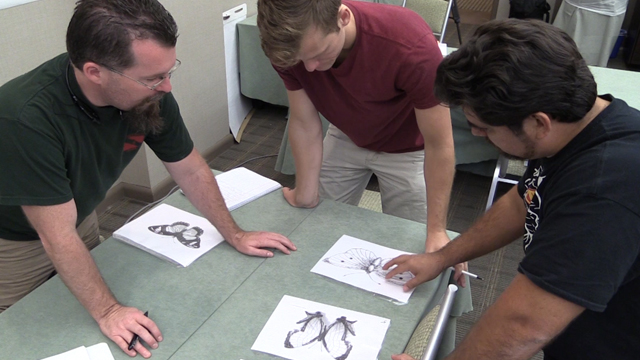
This researcher explains common methods behind randomized studies in the social sciences, specifically in education.

This ecologist from the Coastal Plains Institute discusses sampling techniques that are used to gather data to make statistical inferences about amphibian populations in the wetlands of the Apalachicola National Forest.

What could be better than having class on the beach and conducting actual research to boot? See how this marine science teacher transforms his students into scientists.
Download the CPALMS Perspectives video student note taking guide.

This teacher has an idea about how to bring higher-level reading skills to science class.
Download the CPALMS Perspectives video student note taking guide.

Avast, me hearties! You ready to learn about observation skills?
Download the CPALMS Perspectives video student note taking guide.

F-15 Experimental Test Pilot discusses the importance of the iterative process of collecting data, analyzing data and communicating the findings when developing aircraft for the United States Air Force.
Download the CPALMS Perspectives video student note taking guide.
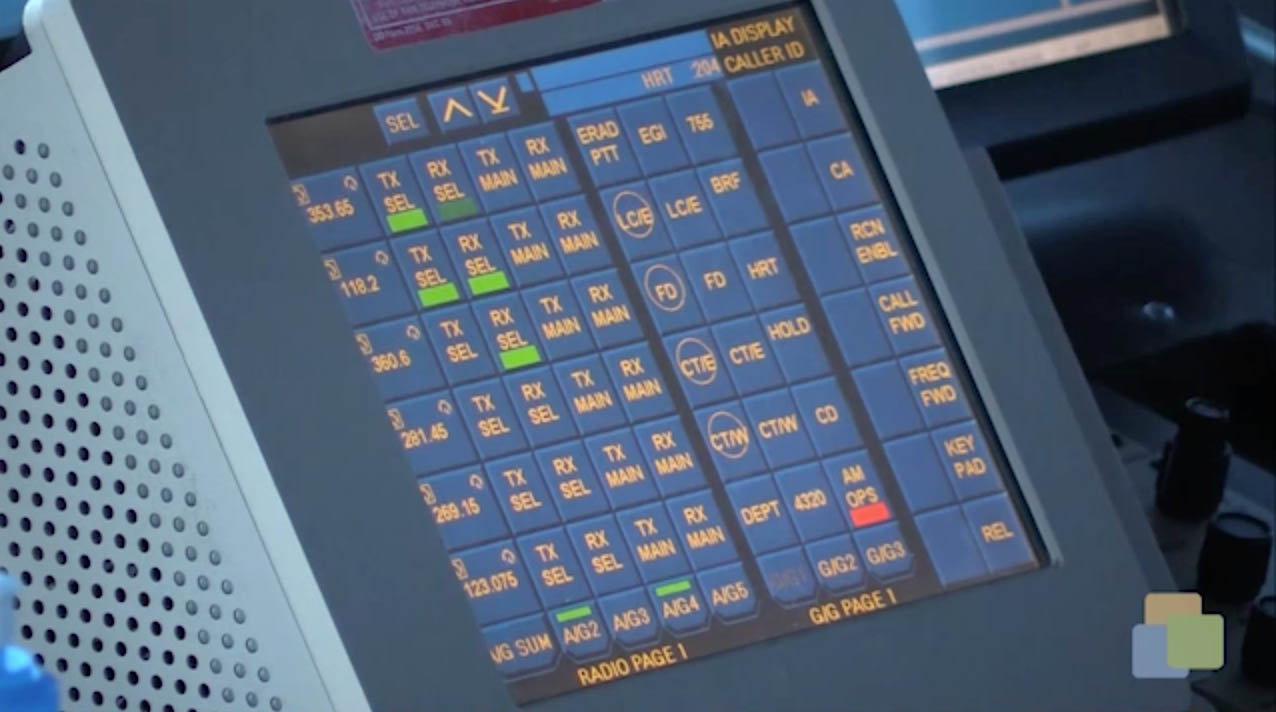
Air Force Test Pilot discusses the need for systematic testing and collection of data for new flight technologies.
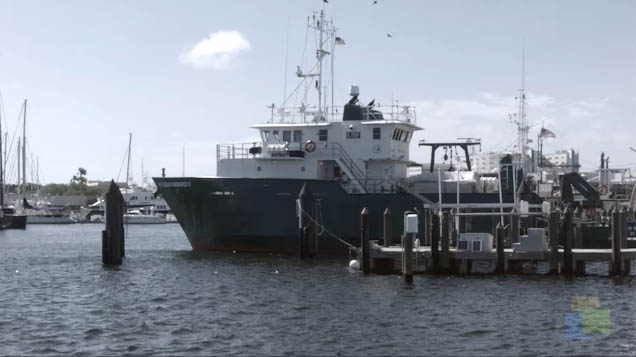
In this video, science teacher Susan Cullum describes the impact of field research experiences on classroom teaching practices.
This research is made possible by a grant from the Gulf of Mexico Research Initiative (GoMRI/C-IMAGE II).
This research is made possible by a grant from the NOAA Gulf of Mexico BWET program.
Download the CPALMS Perspectives video student note taking guide.
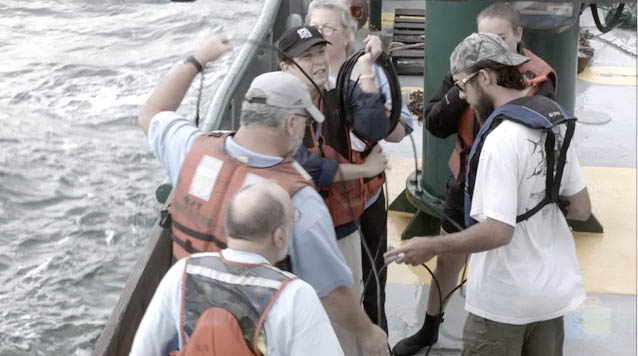
Listen as science teacher Patty Smukall recounts past and present marine field experiences and how they affect teaching practices back in the classroom.
This research is made possible by a grant from the Gulf of Mexico Research Initiative (GoMRI/C-IMAGE II).
This research is made possible by a grant from the NOAA Gulf of Mexico BWET program.
Download the CPALMS Perspectives video student note taking guide.
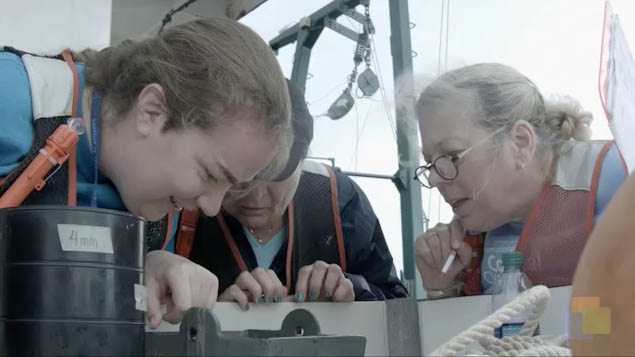
In this video, Angela Lodge describes the value of hands-on experiences gained from field research for transforming both teachers and their classroom practices.
This research is made possible by a grant from the Gulf of Mexico Research Initiative (GoMRI/C-IMAGE II).
This research is made possible by a grant from the NOAA Gulf of Mexico BWET program.
Download the CPALMS Perspectives video student note taking guide.
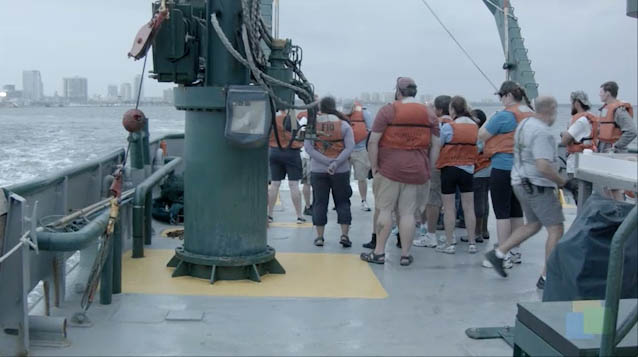
Field experiences are powerful and capable of improving teachers' ability to impact students in the classroom. Watch as USF Outreach Coordinator Teresa Greely explains the experiences offered to teachers through the NOAA Bay Watershed Education and Training (B-WET) program.
This research is made possible by a grant from the Gulf of Mexico Research Initiative (GoMRI/C-IMAGE II).
This research is made possible by a grant from the NOAA Gulf of Mexico BWET program.
Download the CPALMS Perspectives video student note taking guide.
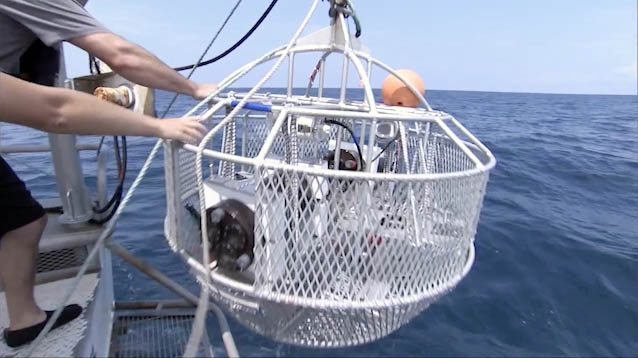
NOAA Scientist, Doug Devries talks about fish survey techniques and technologies.
Download the CPALMS Perspectives video student note taking guide.
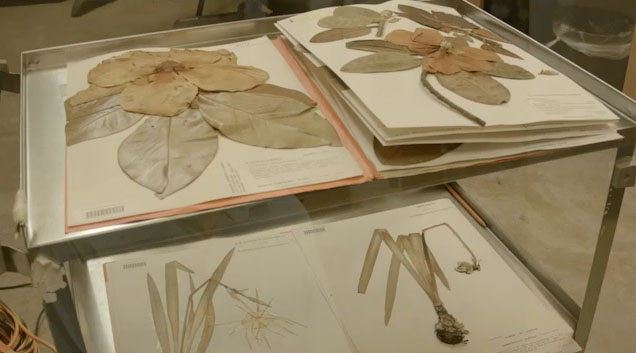
Listen as Dr. Austin Mast describes how and why an herbarium collects, maintains, and distributes plant samples for scientific research.
Download the CPALMS Perspectives video student note taking guide.
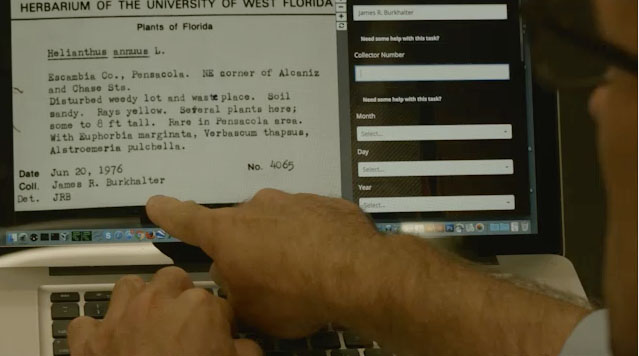
Listen closely as Dr. Austin Mast explains how students can help scientists by transcribing data from real herbarium plant samples.
Related Site:
Download the CPALMS Perspectives video student note taking guide.
![Cpalms [Logo]](/images/cpalms_color.png)




